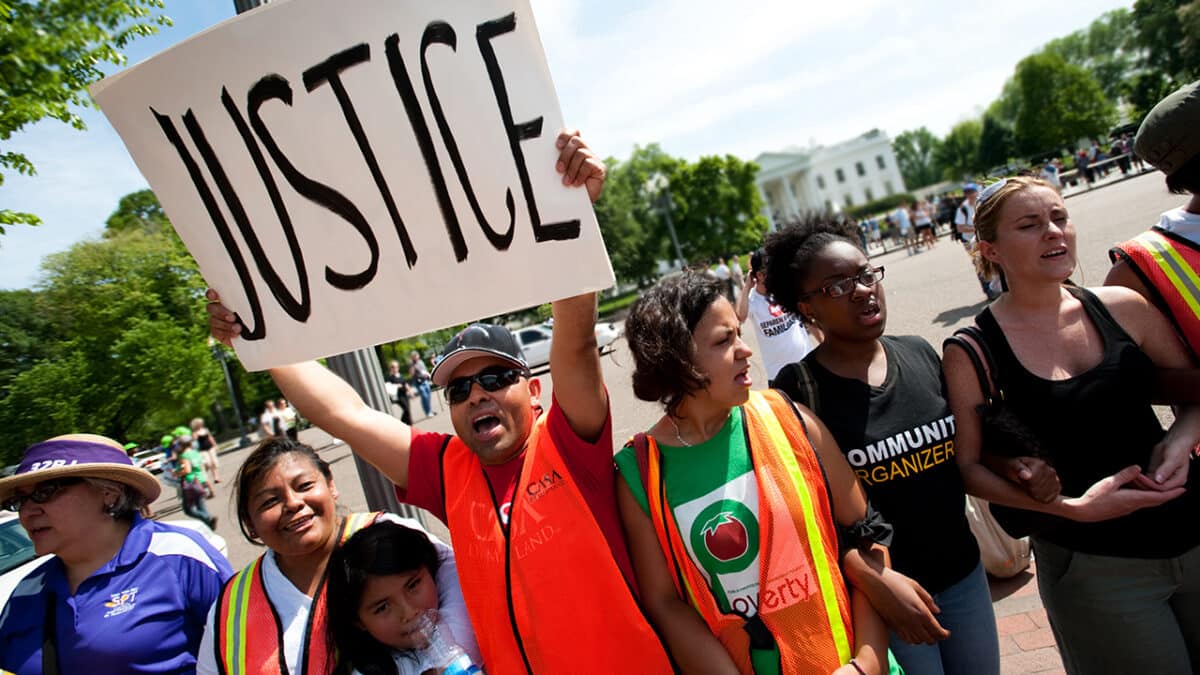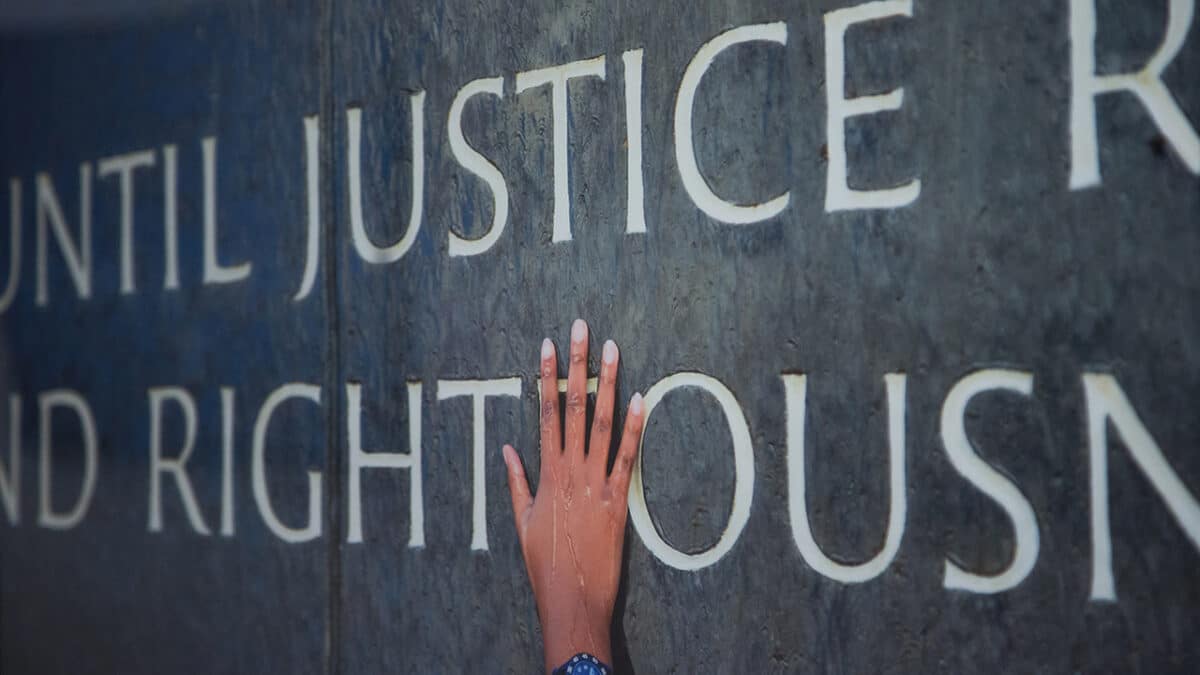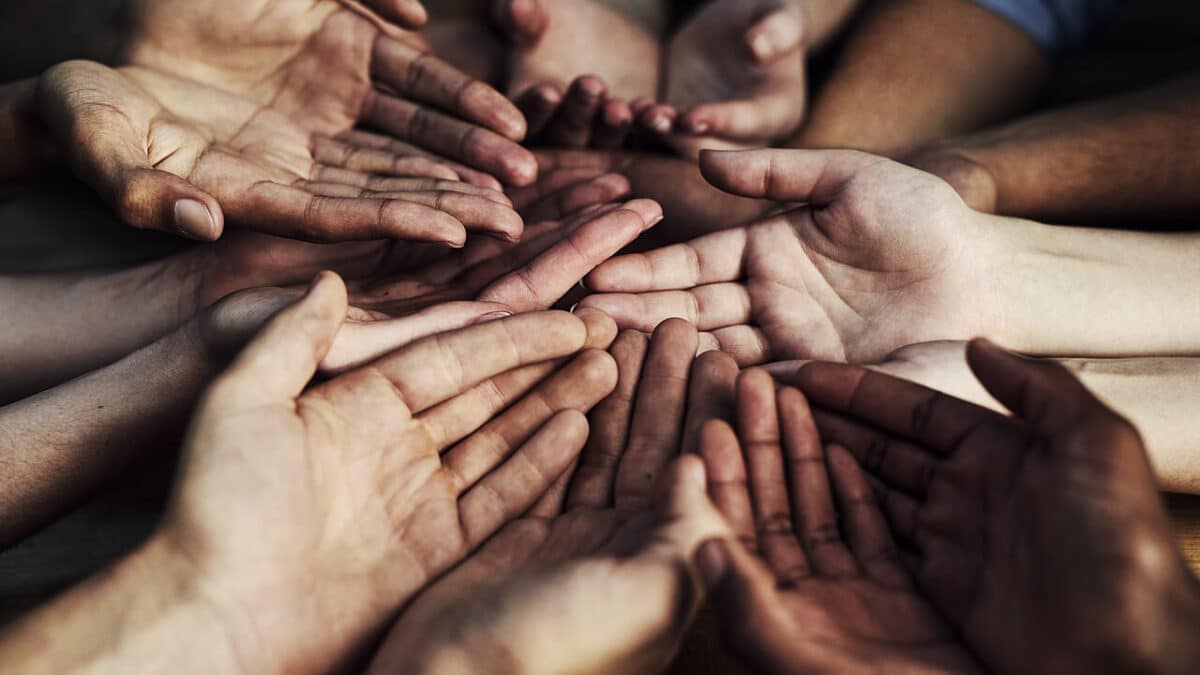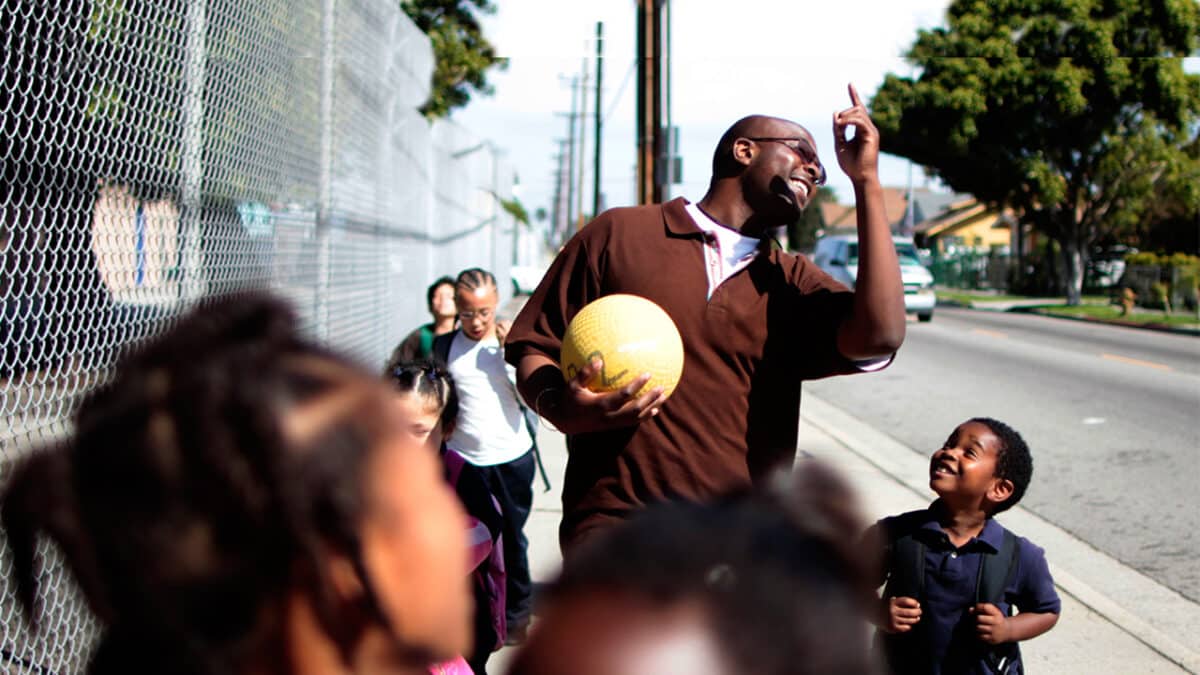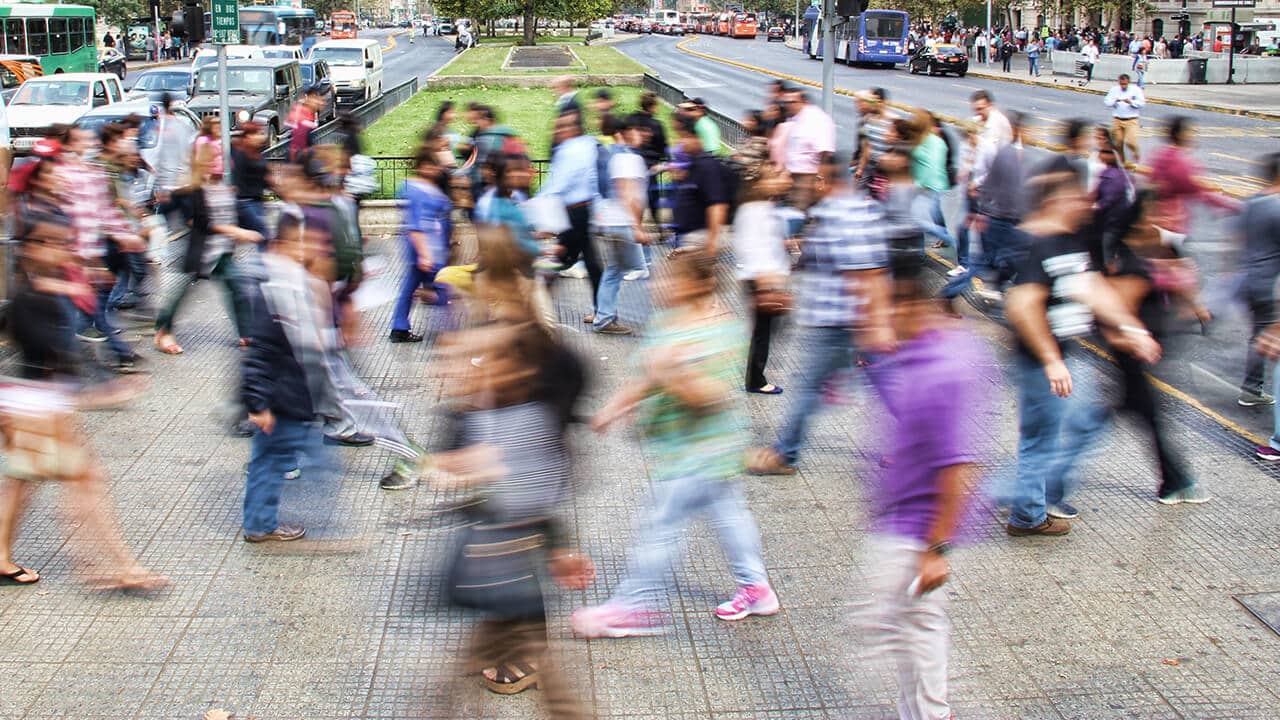
Gender, Race and Identity
How do gender, race, class, and other aspects of identity affect the policymaking process? Can public policy help create equitable and harassment-free workplaces?
Latest Article
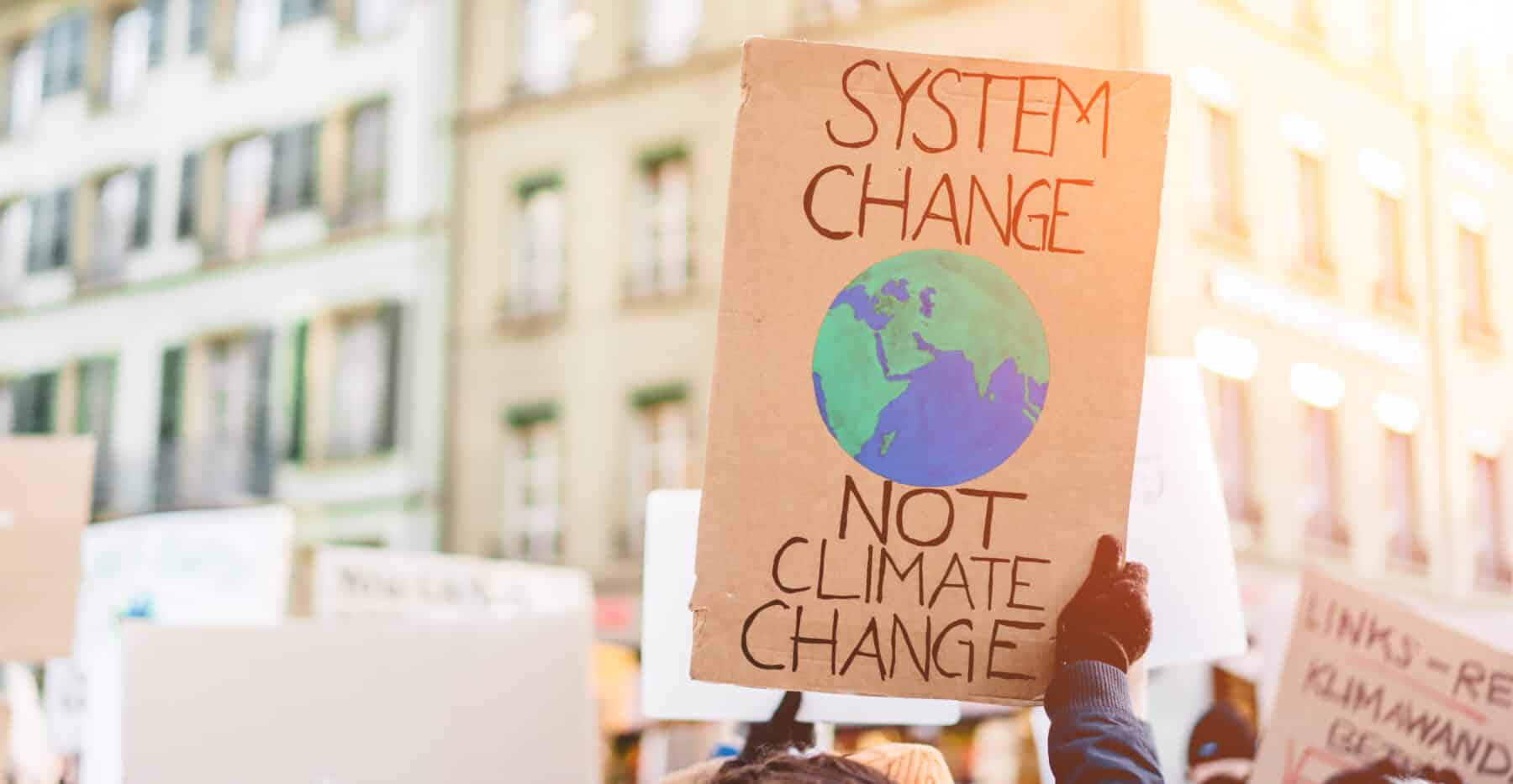
Why Are We Not Talking About Climate Change’s Role in Escalating Gender-Based Violence?
"The world today has no shortage of climate shocks, and its impacts continue to be dangerously and disproportionately felt by marginalized groups, perpetuating an enduring cycle of violence."Explore all Articles
filter by–Region
filter by–Country
search by–Keyword

We Can’t Go Back. Private Universities Must Counter the Attack on Gender Studies
05.12.23
In this article, Mara Bolis presents the argument for private universities to defend intersectional gender studies from new laws restricting discussions of gender, race, sexuality, inequality and even American history at public institutions.

Shifting the Focus from Weapons to Women: Reimagining Disarmament, Demobilization, and Reintegration (DDR) in the Democratic Republic of the Congo (DRC)
05.12.23
In this article, Bryn de Chastelain explores the benefits of gender-sensitive reintegration efforts within DDR programmes in DRC.
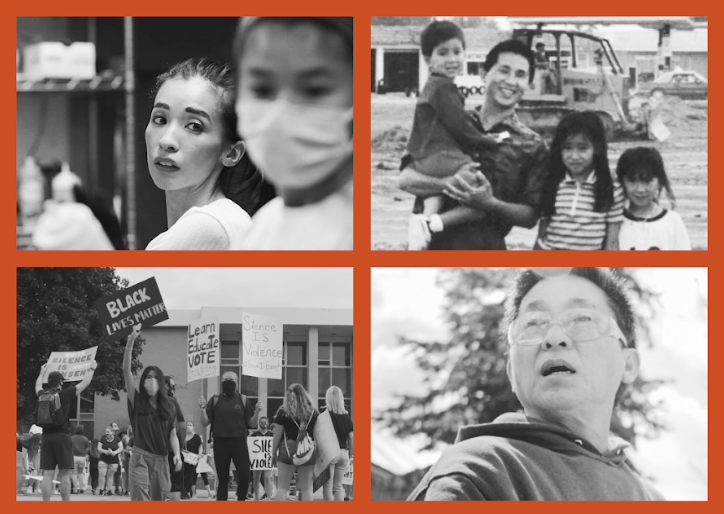
The Evolution of Our American Dream: A Conversation with David Siev
04.26.23
The basis of [my documentary, BAD AXE] is my family—we’re Cambodian-Mexican-American. We live in this rural white community, and it’s us trying to keep our family restaurant alive and the American Dream alive during one of the most uncertain times in history amidst a pandemic, a racial reckoning, and everything else going on in our country in 2020. So it becomes a story that explores the question: how do you keep the American Dream alive today when it’s being challenged now more than ever?

Taking up Space: Mental Health, Representation, and the Asian American Experience
04.26.23
This piece was published in the 33rd digital volume of the Asian American Policy Review. This interview has been edited for length and clarity. AAPR: Can you tell us a bit about your book Permission to Come Home and the inspiration behind it? WANG: The inspiration for my work came from the realization, through the […]
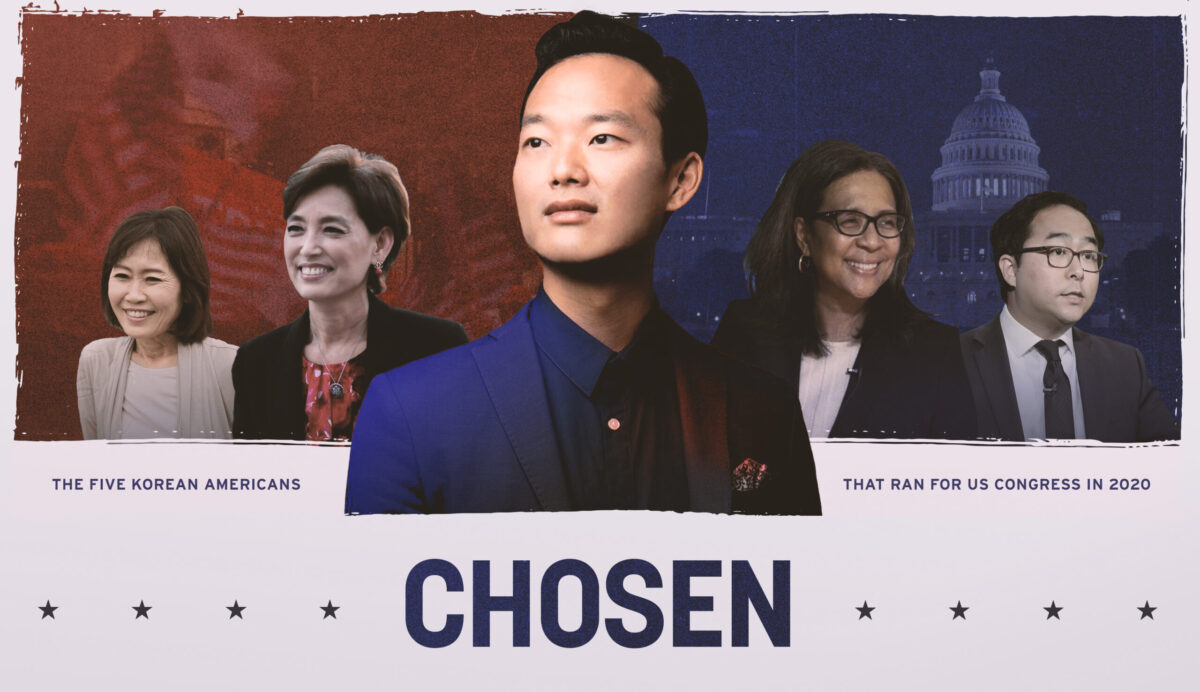
Transformation and Liberation Through Diasporic Storytelling: A Conversation with Joseph Juhn
04.26.23
If my previous identity query was grounded on, and perhaps confined by, this dualistic tension between Korea and America, the idea of diaspora liberated me from a geographic grounding of identity. It was a membership not only in the Korean or Korean American community but also in these larger sojourner communities around the world who share, no matter how remote or accurate, collective memories of the homeland, heritage and history.

Ten Years After Oak Creek: Federal Policy Recommendations to Protect Communities Targeted by Hate
04.26.23
One decade on, it is essential to revisit the 2012 attack on the Sikh Temple of Wisconsin–and to reflect on what more we must do to better protect our communities from similar horrific violence.
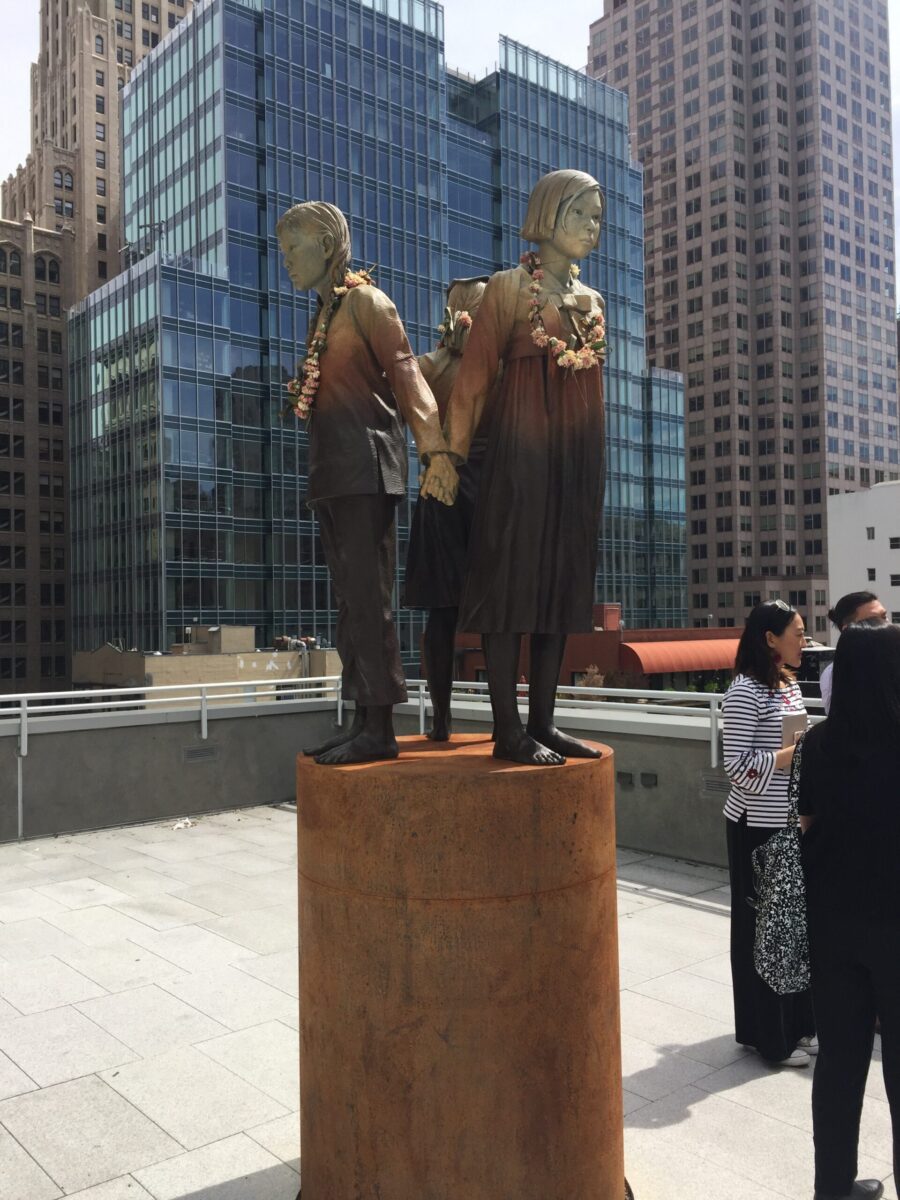
Remembering the “Comfort Women” Intergenerational Asian American Care Work
04.26.23
Asian American activists have been key to remembering the “comfort women” in the U.S. and globally. The act of remembering is often done through creating memorials, exhibits, films, conferences, and educational efforts. This paper examines Asian American activists’ remembrance work in building a memorial in the city of San Francisco.

Asian Critical Race Theory and Culturally Sustaining Pedagogies: Frameworks for Implementing Asian Ethnic Studies in PK-12 Education
04.26.23
Under the structures of white supremacy, the pandemic has unveiled the dehumanization of Asian folks in the US. For many of us who are members of Asian communities, these lived realities have existed since the arrival of Chinese laborers in the 1850s.[i] We went from “dog eaters” to “bat eaters”;[ii] we exist dually as model minorities and perpetual foreigners;[iii] we’re seen as apolitical, non-combative, and submissive, yet also as the threatening yellow peril;[iv] we’re fetishized yet desexualized;[v] weaponized to perpetuate anti-Blackness;[vi] and the list goes on.
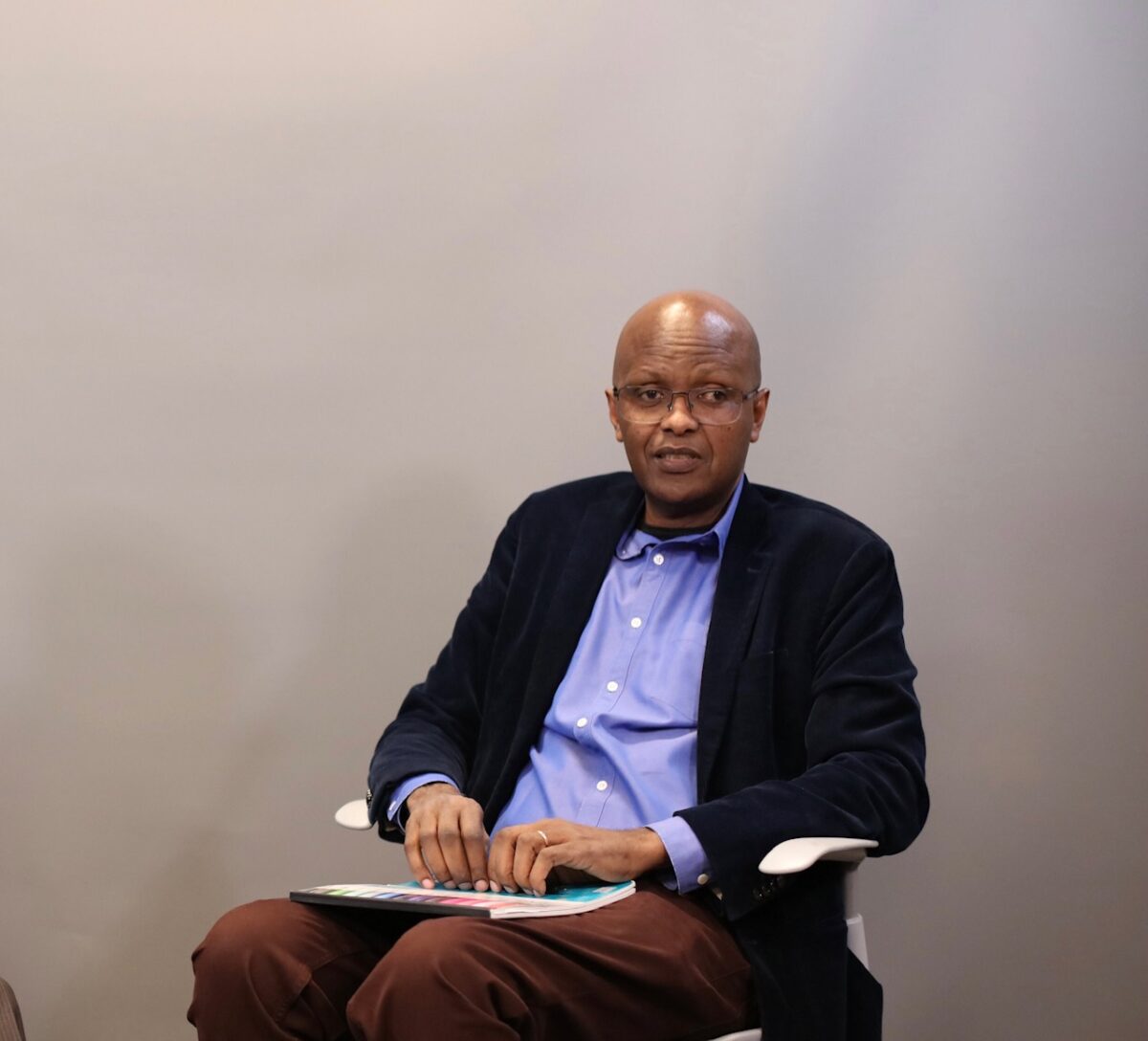
Harvard Professor Champions Promotion of African Languages Through AI
04.8.23
The launching of Chat GPT by Open AI has sparked a heated debate about the future of language. Chat GPT is an AI-driven powered chatbot that allows people to have human-like conversations. In an exclusive interview with the Editor-in-Chief of the African Policy Journal (APJ), Muhammad Jameel Yusha’u, John Mugane, Professor of the Practice of […]

The Emergence and Implications of Gender Affirming Healthcare Bans on Broader Healthcare Access
04.4.23
In this article, Levi C. Bevis examines the impact of transgender healthcare bans on transgender youth and discusses how these bans negatively impact healthcare access for the broader public.
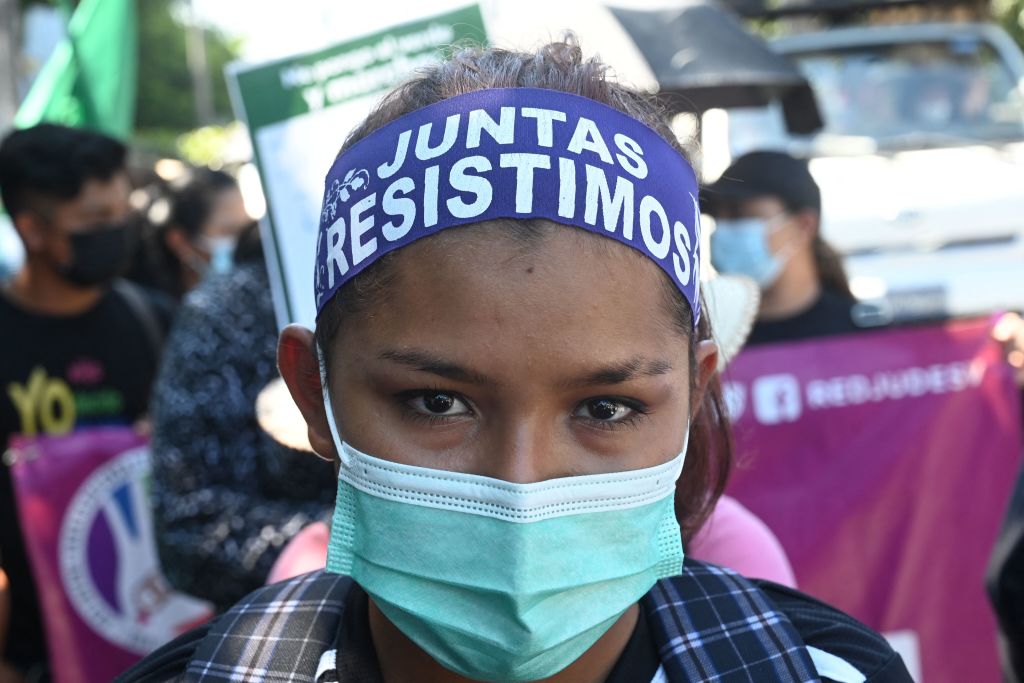
When Legalizing Abortion is Not Enough: Barriers in seeking Abortion that go beyond Laws
04.4.23
In this article, the authors explore the barriers that women face on the ground when accessing abortion, even when the procedure has been legalized. They look at the cases of Argentina and Colombia, in Latin America, and India and Nepal, in Asia, to highlight examples of barriers and how grassroots organizations are playing a key role in supporting safe access to abortions.
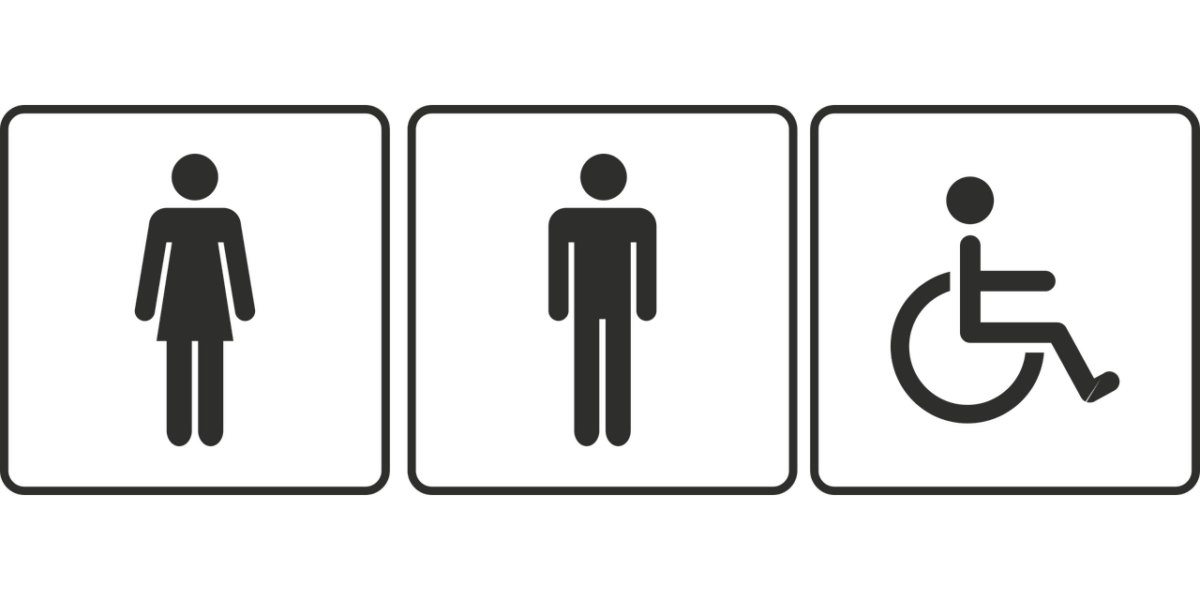
Obstacles in the Way of Women’s Mobility: UTI and Unhygienic Toilet Facilities
04.4.23
In this article, Simin Ibnat Dharitree presents the argument for the importance of hygienic toilet facilities in Bangladesh for women to overcome the obstacles in their mobility, well being and empowerment.
